Creating a safe and adventurous outdoor space for your beloved feline can be both a rewarding and fun project. A catio, or cat patio, is an enclosed outdoor area designed to keep your cat safe while allowing them to experience the great outdoors. Whether you’re a seasoned DIY enthusiast or just starting out, building a catio is an achievable task that can enhance your pet’s quality of life.
Why Consider Building a Catio?
Cats are natural explorers, and the allure of the outdoors can be irresistible. However, the outside world is fraught with dangers such as traffic, predators, and diseases. A catio provides a controlled environment that prevents your cat from wandering into harm’s way. Imagine it as a playpen for your cat, where they can chase butterflies and bask in the sun without the risks.
Choosing the Right Location

The location of your catio is crucial for its success. Ideally, it should be attached to your home, allowing easy access for your cat. Consider areas with a good amount of sunlight and shade to ensure your pet’s comfort. If possible, positioning the catio near a window or a door will provide your cat with a seamless transition between indoor and outdoor spaces.
Determining the Size and Design

Catios come in all shapes and sizes, from small window boxes to large enclosures. The size will depend on the space you have available and the number of cats you own. For a single cat, a smaller space might suffice, but multiple cats will require a larger area. Think about incorporating different levels and platforms to stimulate your cat’s natural climbing instincts.
Gathering Materials and Tools

To build a catio, you’ll need a variety of materials such as wood, wire mesh, and screws. These can often be found at your local hardware store. Tools like a saw, drill, and measuring tape will also be necessary. It might be helpful to sketch a blueprint of your design to ensure you have all the materials needed before starting.
Constructing the Frame
Begin by constructing the frame of the catio using wood. The frame forms the skeleton of your enclosure and should be sturdy enough to withstand weather conditions. Ensure the corners are square and level to provide a solid base. If you’re new to carpentry, consider seeking advice from a friend or watching online tutorials for additional guidance.
Securing the Enclosure with Wire Mesh

Once the frame is built, it’s time to enclose the space with wire mesh. The mesh should be small enough to prevent your cat from escaping and strong enough to keep predators out. Attach the mesh securely to the frame using staples or screws, ensuring there are no gaps or sharp edges that could harm your pet.
Creating Comfortable and Stimulating Interiors
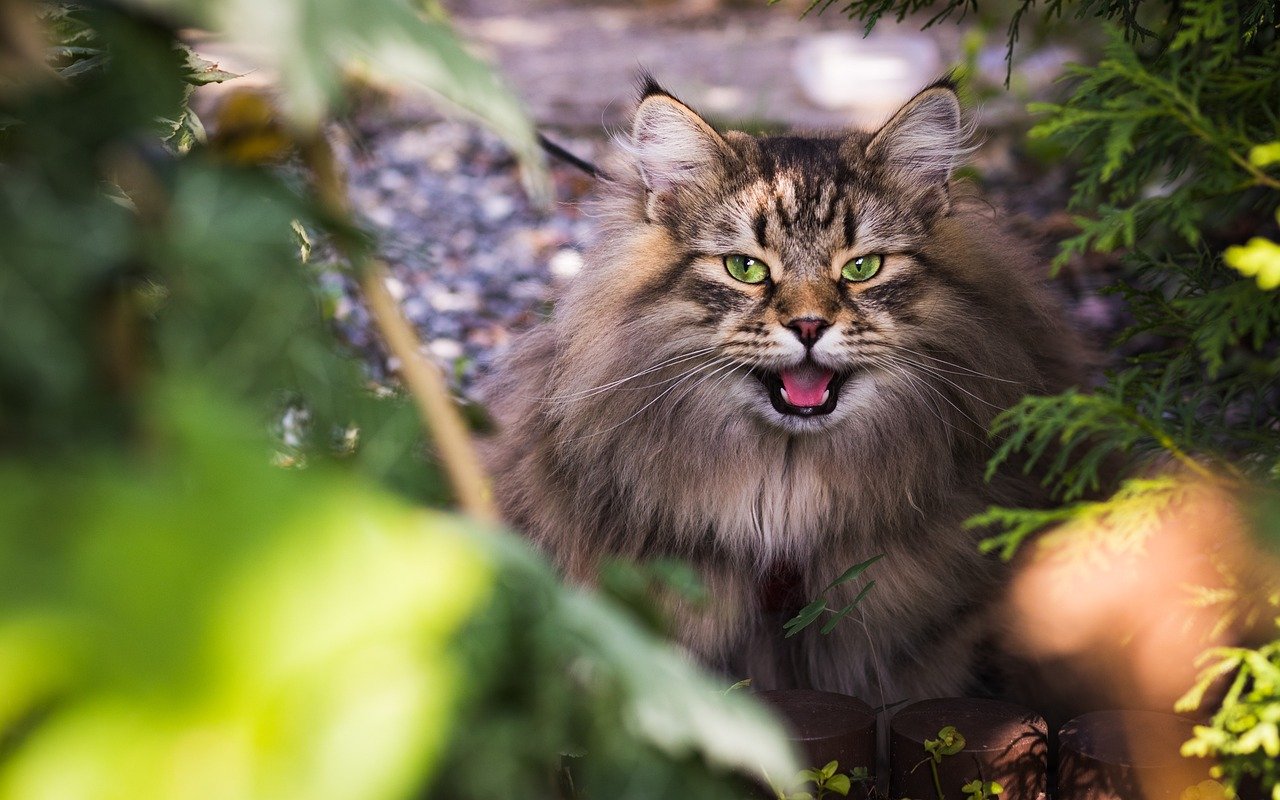
Inside the catio, comfort is key. Add soft bedding, perches, and ramps to keep your cat entertained. Consider adding scratching posts and toys to stimulate their senses. Some cat owners even incorporate plants that are safe for cats, providing an extra layer of enrichment and a touch of nature.
Adding Weather Protection
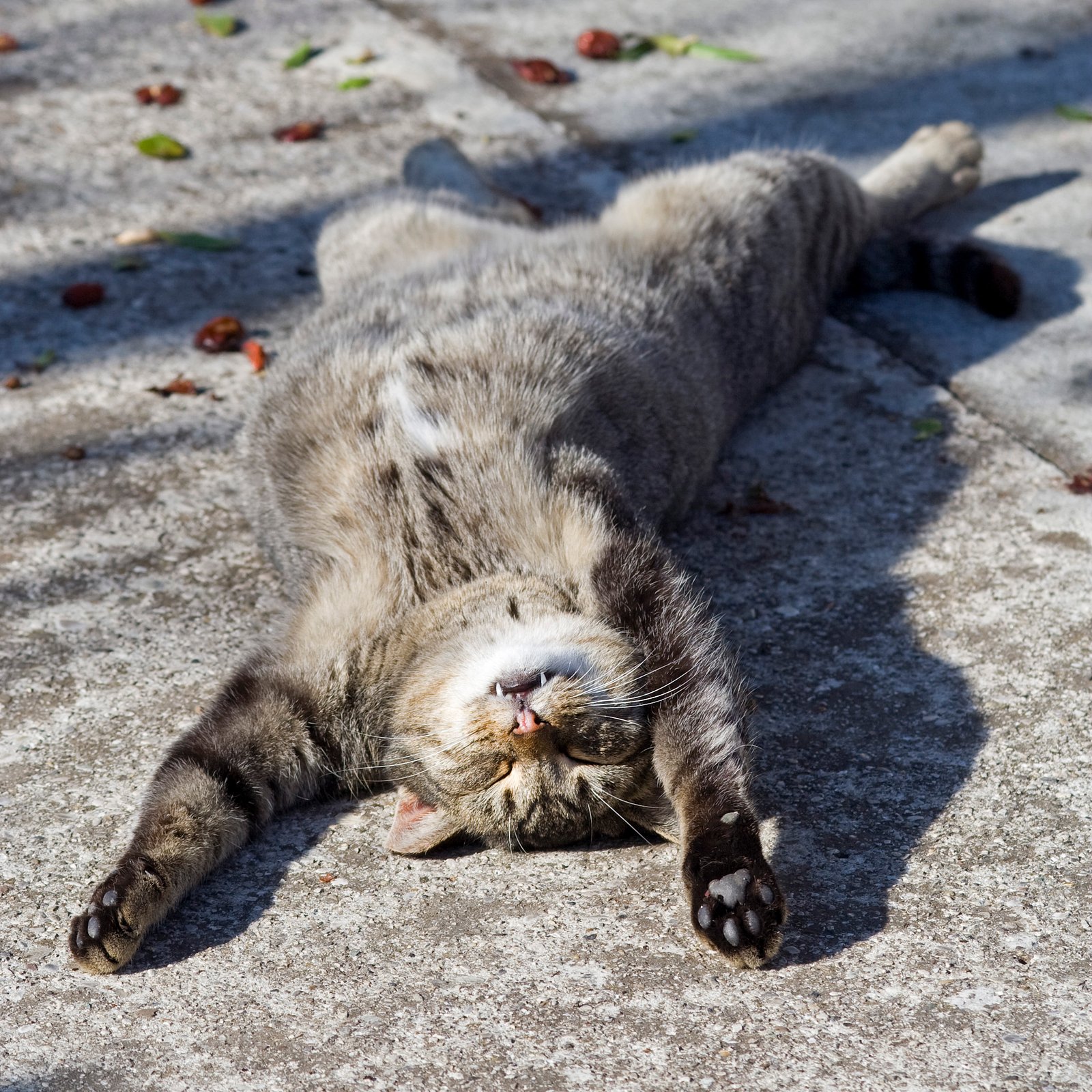
Weather can be unpredictable, so it’s important to ensure your catio is equipped to handle various conditions. A roof or canopy can provide shelter from rain and harsh sunlight. Additionally, consider adding windbreaks or tarpaulins during colder months to keep your cat cozy and warm.
Integrating Entry and Exit Points
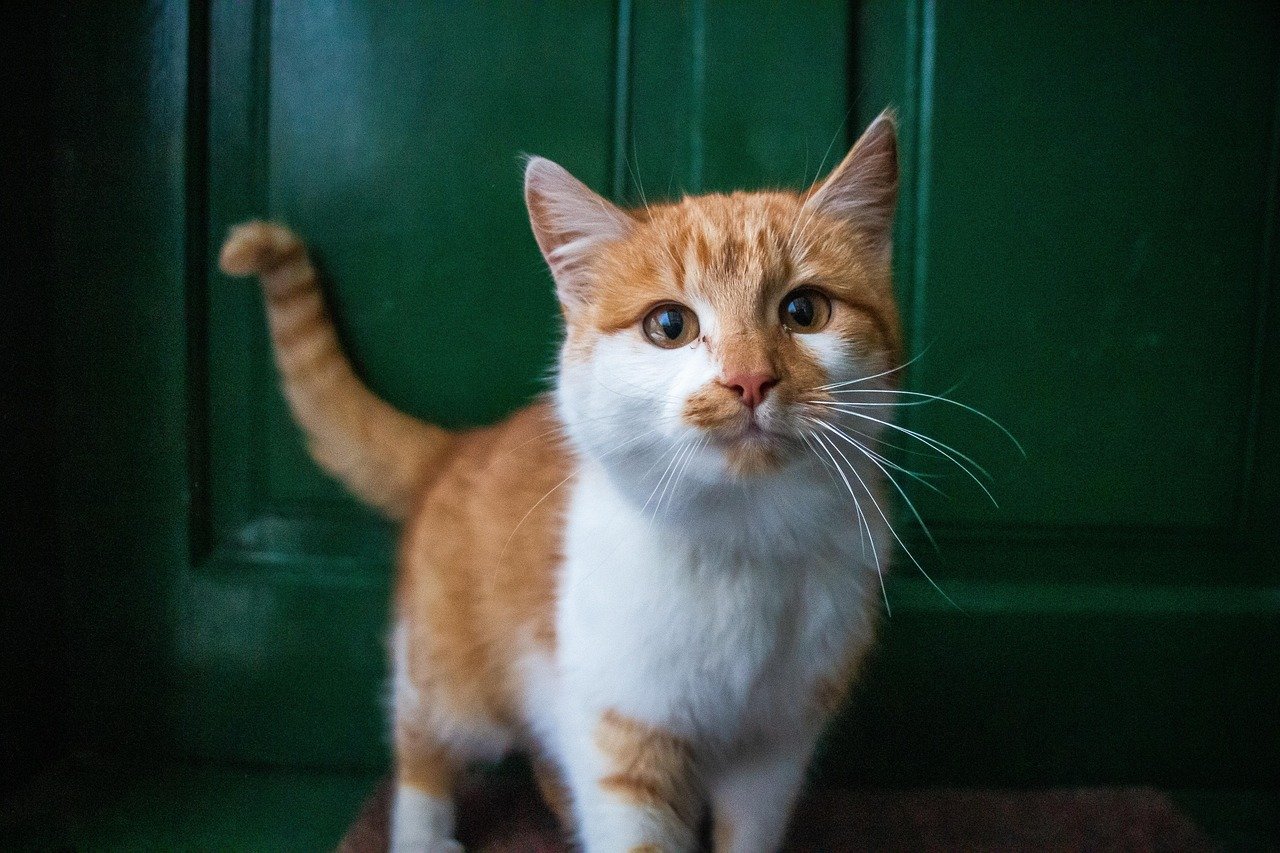
Your cat needs easy access to and from the catio. Consider installing a cat door or a window entry point for convenience. The entry should be secure yet easy for your cat to navigate. If possible, choose a location that aligns with their natural traffic patterns within your home.
Ensuring Safety and Security
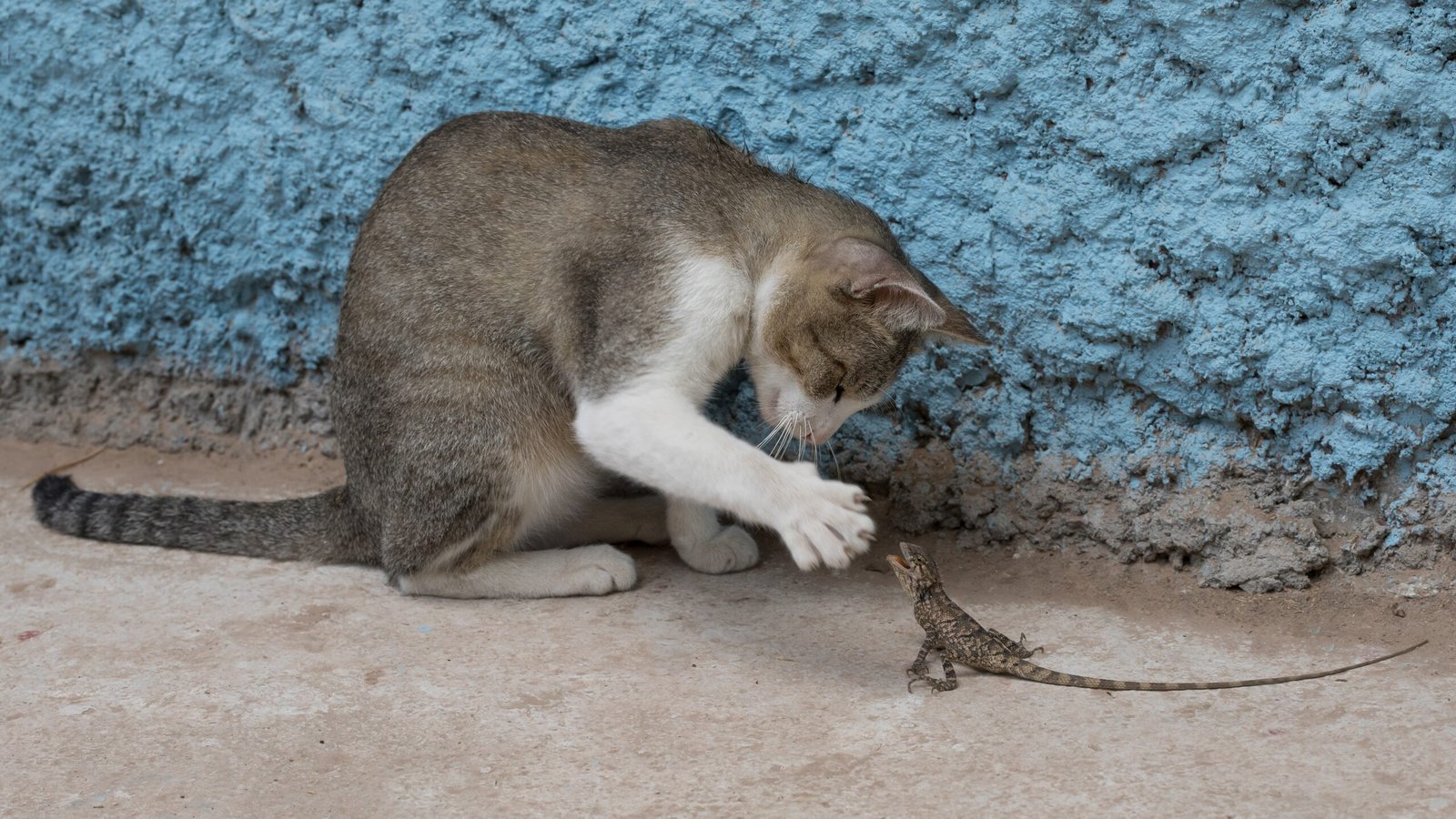
Safety is paramount when building a catio. Regularly inspect the enclosure for any signs of wear and tear. Ensure all locks and latches are functioning properly, and check for any potential hazards within the space. It’s crucial for the well-being of your cat that the catio remains a safe haven.
Incorporating Vertical Spaces
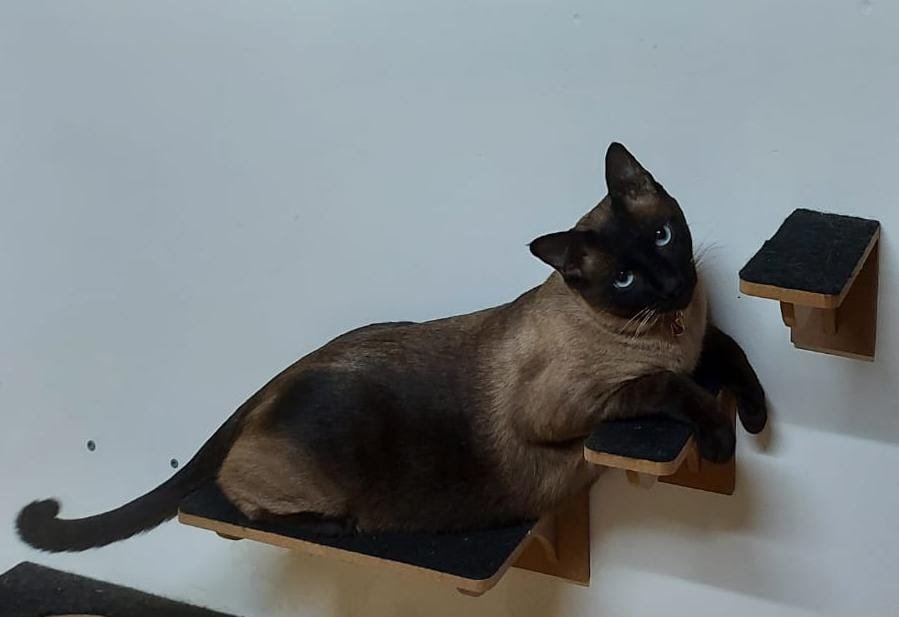
Cats love to climb, and vertical spaces can add an extra dimension to your catio. Adding shelves or climbing towers encourages exercise and exploration. Vertical spaces also maximize the use of the area, making it feel larger and more dynamic for your feline friend.
Personalizing the Space

A catio is not just a structure; it’s an extension of your home. Personalize it to reflect your cat’s personality. Use colors and themes that resonate with you and your pet. Adding personal touches, like a nameplate or a custom mural, can make the space feel uniquely yours.
Budgeting for Your Catio

Building a catio doesn’t have to break the bank. Consider using reclaimed or recycled materials to save costs. Setting a budget beforehand will help you make informed decisions about materials and design without overspending. Remember, creativity often trumps expense when it comes to DIY projects.
Understanding Local Regulations
Before you begin construction, familiarize yourself with any local regulations or homeowners’ association rules regarding outdoor structures. Obtaining the necessary permits will prevent any legal issues down the road. Compliance with these regulations ensures your catio is both legally and structurally sound.
Involving Your Cat in the Process

As you build the catio, involve your cat in the process. Allow them to explore the area as you construct it, and observe their reactions to different elements. Their feedback, albeit in feline form, can provide valuable insights into what they enjoy and what might need adjustment.
Maintaining Your Catio

Regular maintenance is key to ensuring the longevity of your catio. Periodically check for signs of damage or wear, and address repairs promptly. Cleaning the space and rotating toys will keep the environment fresh and engaging for your cat.
Introducing Your Cat to Their New Space

Once your catio is complete, introduce your cat to the space gradually. Allow them to explore at their own pace, providing treats and encouragement. Positive reinforcement will help them associate the catio with fun and safety, making it a cherished part of their routine.
Enjoying the Benefits of a Catio
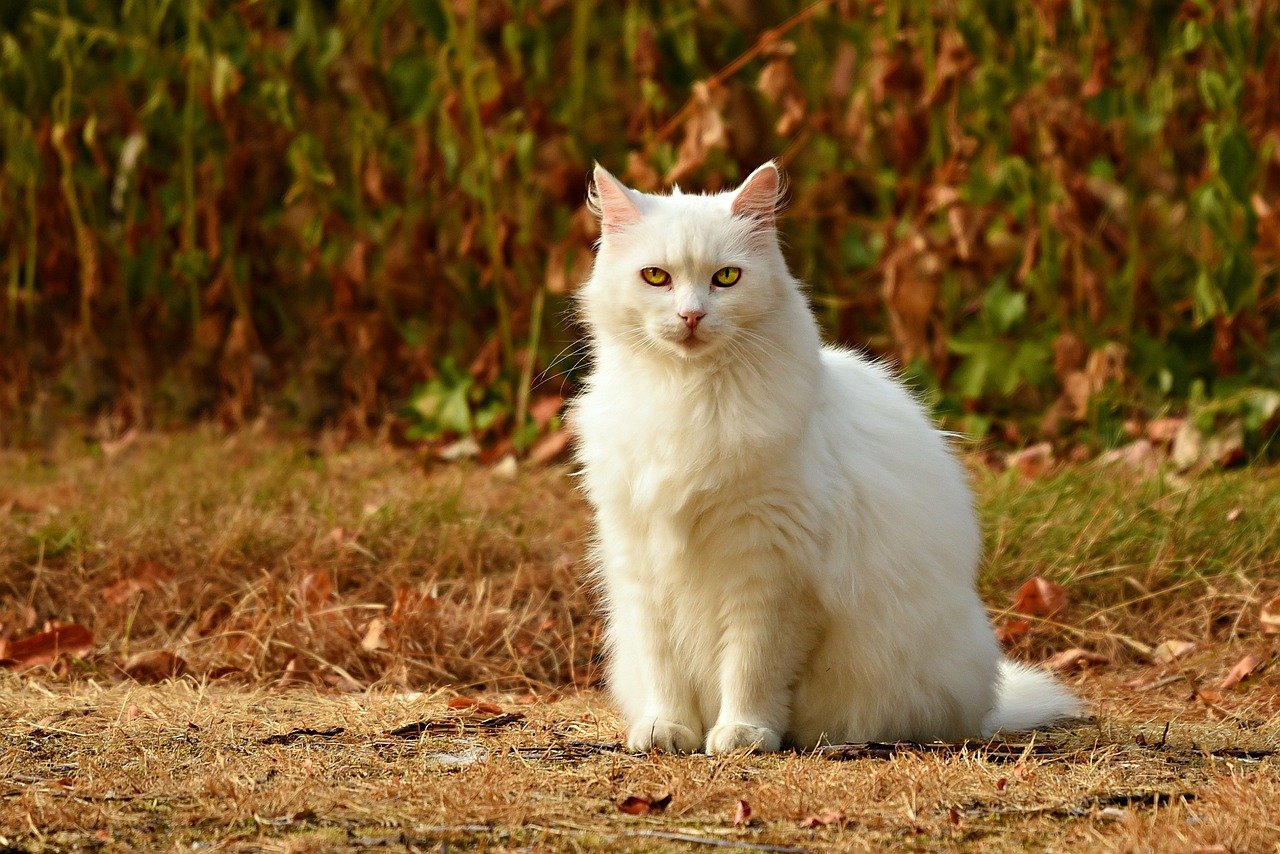
A well-designed catio offers numerous benefits for both you and your cat. It provides peace of mind knowing your feline friend is safe, while giving them the freedom to enjoy the outdoors. The joy of watching your cat play and relax in their own space is truly rewarding.
Sharing Your Catio Experience
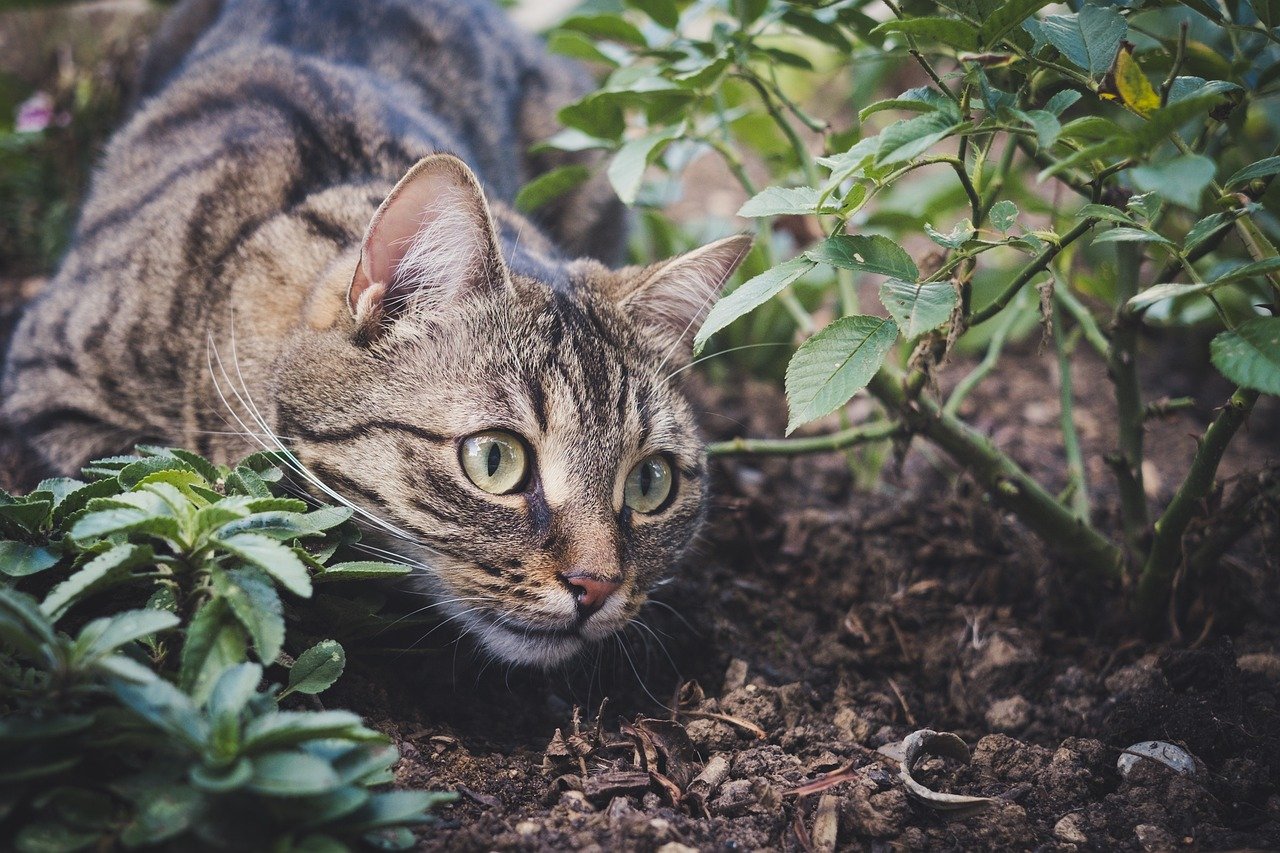
Once your catio is up and running, consider sharing your experience with other cat owners. Your journey can inspire others to create safe outdoor spaces for their pets. Whether through social media, blogs, or community groups, sharing your story can foster a community of cat enthusiasts committed to their pets’ well-being.
Building a DIY outdoor catio is more than just a project; it’s a commitment to your cat’s safety and happiness. By following these guidelines, you’re ensuring that your feline friend can enjoy the beauty of the outdoors while staying protected.
Hi, I’m Bola, a passionate writer and creative strategist with a knack for crafting compelling content that educates, inspires, and connects. Over the years, I’ve honed my skills across various writing fields, including content creation, copywriting, online course development, and video scriptwriting.
When I’m not at my desk, you’ll find me exploring new ideas, reading books, or brainstorming creative ways to solve challenges. I believe that words have the power to transform, and I’m here to help you leverage that power for success.
Thanks for stopping by, Keep coming to this website to checkout new articles form me. You’d always love it!






